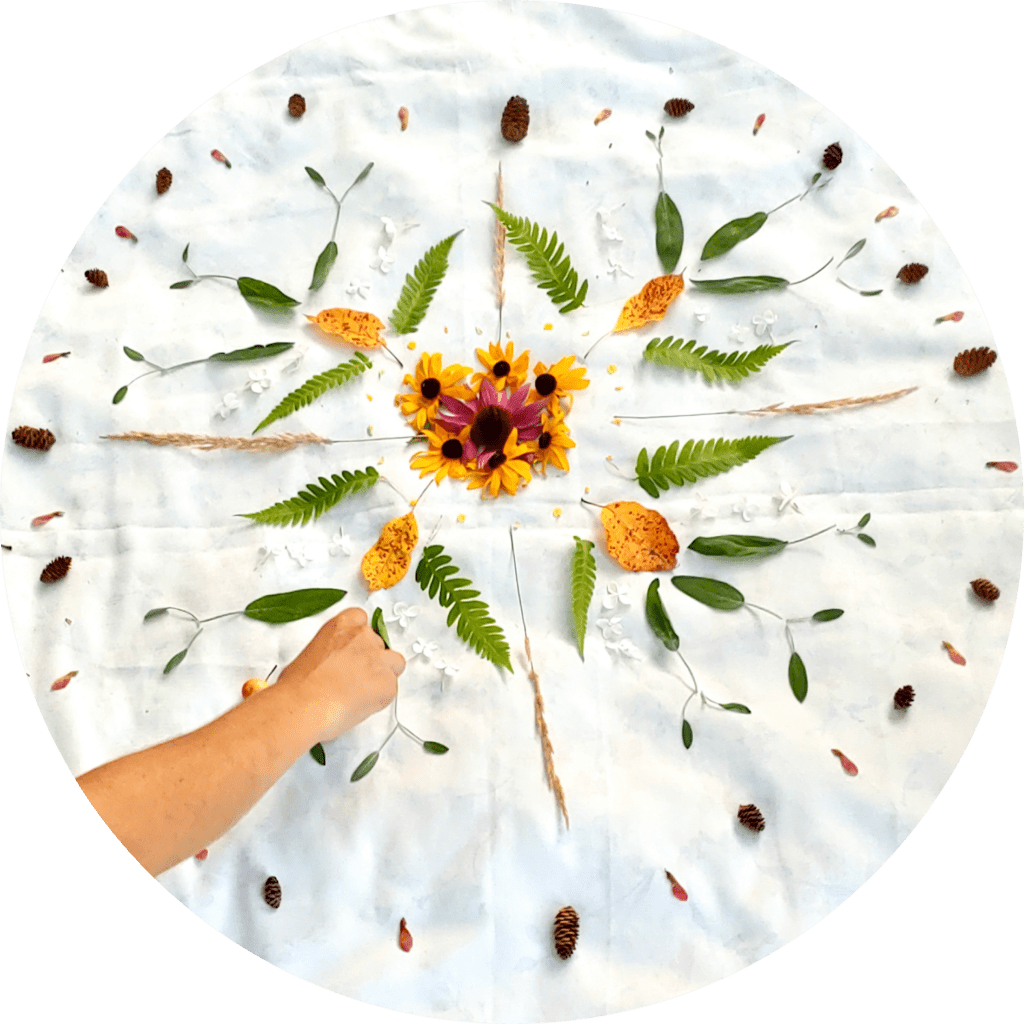Mind, Body & Soil™
Webinar
Webinar Summary
Cultivate well-being through Root in Nature’s one-hour webinar, Mind, Body & Soil™. As participants learn about the fundamentals of germinating seeds and nurturing young plants, they’ll also unearth valuable lessons in self-care and emotional growth.This session will sow the seeds of mental wellness through the therapeutic power of gardening.

A few companies that trust us

The webinar intertwines practical gardening skills with deeper, therapeutic insights. Attendees will learn plant care essentials and how to start seeds. The session also delves into personal development themes such as goal setting, navigating change and cultivating the resilience.

Webinar Details
- One hour
- Virtual and live
- Co-facilitated by Katie McGillivray and Kristin Topping
- Engagement and interaction
- Access to recorded event
We love hearing from you!
Meet Your Factilitators

Katie McGillivray, HTR
Katie (she/her) is a Registered Horticultural Therapist (HTR) and a member of the Canadian Horticultural Therapy Association. A strong advocate of asset-based community development and reflective practice, Katie has been supporting therapeutic horticulture projects and programs for a wide variety of populations since 2014.
Katie completed her horticultural therapy certificate with Ann Kent and was proud to “build her own degree” in therapeutic horticulture, completing a minor in counselling and majoring in general studies, focusing on courses in horticulture, agriculture, psychology and research. Katie is passionate about increasing access to therapeutic horticulture in communities and facilitates regular in-person and virtual sessions. Her approach is collaborative, client-centred and strengths-based.
Katie is also a major foodie and her work in therapeutic horticulture often intersects with community food security and food justice work. When not in the garden, Katie loves cooking, entertaining and paddle boarding.

Kristin Topping
Kristin (she/her) is a twenty-two-year veteran of the Canadian Armed Forces where she achieved success as an engineer, academic and educator. She retired in July 2020, opening Sweetlife Flora, an e-commerce tropical plant shop. With each year that Sweetlife Flora has been open, the team has tailored and curated their operations becoming more eco-friendly by reducing their annual cumulative carbon footprint.
Her first book, Propagated from the Ashes, chronicled her recovery from a significant brain injury that shifted her life’s direction, focus and purpose. In 2021, Kristin was the recipient of the prestigious Prince’s Trust International, Aga Khan Foundation Group Award– and had the opportunity to meet the future King of England.
Now, aside from running Sweetlife Flora, Kristin is also a Horticulturalist, a Horticulture Therapy Practitioner and is a few months away from completing training as a Landscape Designer. She has a passion for the ‘Permaculture Movement’ and intends to use her knowledge to encourage responsible land management through efficient use of human energy, sustainability, and self-reliance.
Kristin’s interest in community-based horticulture began with her own journey to recovery and she hopes to extend the gift of Mindful Horticulture® to others.

Best Ottawa Business (BOBS) Award Winner

Coralus Venture
Root in Nature is grateful to be selected as one of the Ventures working on the World’s To-Do List by Coralus Activators. We receive interest-free funding, connections and relationships to grow our impact.

Join the Community
Benefits for Clients
Benefits for Clients
Practitioners can benefit from using plants and nature in their therapeutic approach in several ways:
- Enhancing the environment: Plants and nature create a calming and relaxing environment that can promote wellness and enhance the overall atmosphere of a therapy session.
- Reducing stress: Exposure to plants and nature has been shown to reduce stress and anxiety levels, which is beneficial for individuals who are experiencing mental health conditions or chronic illnesses.
- Improving physical health: Spending time in nature and around plants can promote physical activity and exercise. Recreation therapists can incorporate therapeutic horticulture activities into their therapy sessions to promote physical health.
- Boosting mood: Being in nature and around plants can boost mood and help individuals feel more positive and optimistic. This can be especially helpful for individuals who are experiencing depression or other mood disorders.
- Promoting social connections: Group therapeutic horticulture sessions can provide opportunities for social interaction and connection, as well as promote bonding and create a sense of community.
Benefits for Practitioners
Benefits for Practitioners
Practitioners such as recreation therapists may benefit from taking therapeutic horticulture training for several reasons:
- Specialized knowledge: Root in Nature’s training program provides specialized knowledge and skills related to using plants, gardening, and nature as therapeutic tools. This can help recreation therapists better understand the therapeutic benefits of horticulture and how to effectively incorporate it into their therapy sessions.
- Professional development: Training in therapeutic horticulture can be a valuable form of professional development for practitioners. It can enhance their skills and knowledge, making them more effective in their role as a therapist.
- Expanded therapy options: With therapeutic horticulture training, recreation therapists can expand the range of therapy options they can offer their clients. Incorporating plants and nature into their sessions can provide clients with unique and effective therapeutic experiences.
- Improved client outcomes: Horticultural therapy has been shown to be effective in improving a range of outcomes for clients, including mental health, physical health, and overall quality of life. By taking Root in Nature’s training, recreation therapists can learn how to effectively use horticulture to improve their clients' outcomes.

